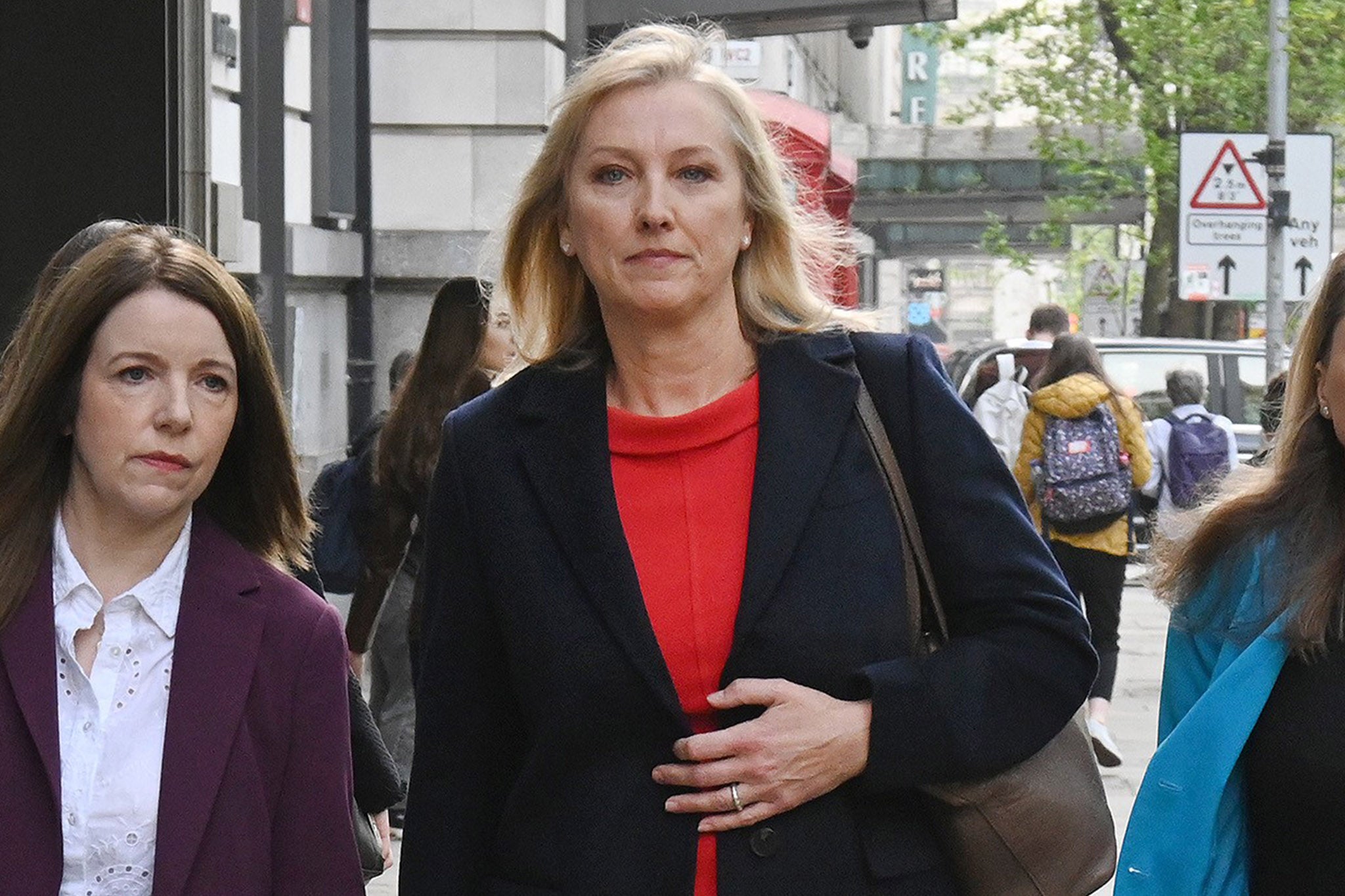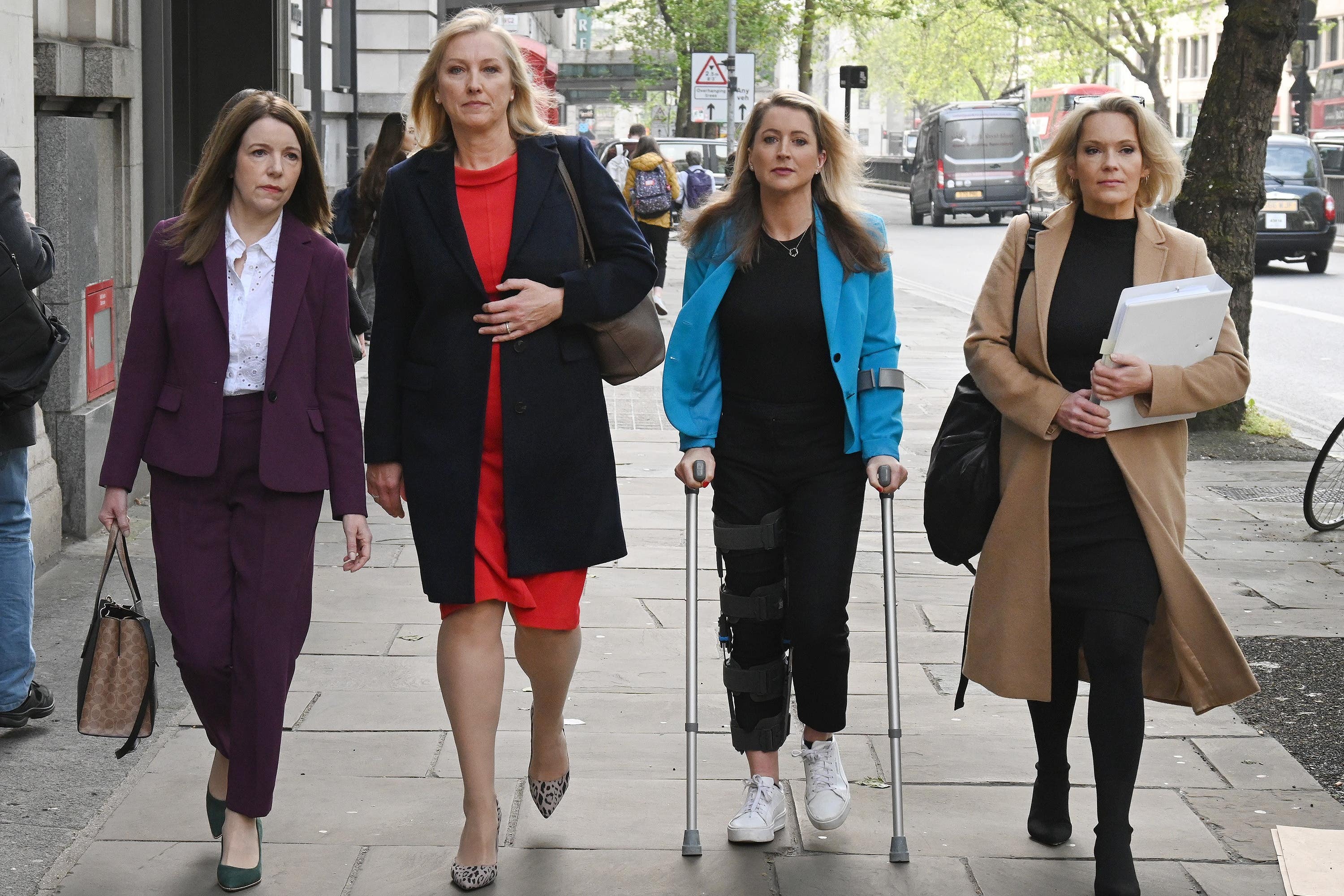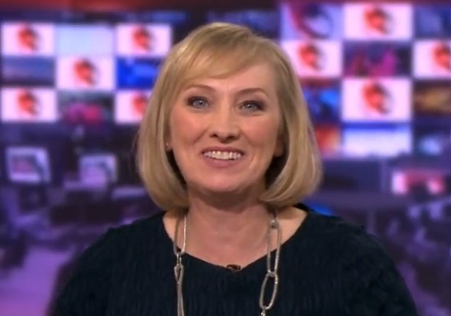BBC female presenters say recruitment process for jobs was ‘rigged’
The legal proceedings are set to be one of the most high-profile tribunals faced by the BBC since it lost a gender pay dispute with Samira Ahmed

Your support helps us to tell the story
From reproductive rights to climate change to Big Tech, The Independent is on the ground when the story is developing. Whether it's investigating the financials of Elon Musk's pro-Trump PAC or producing our latest documentary, 'The A Word', which shines a light on the American women fighting for reproductive rights, we know how important it is to parse out the facts from the messaging.
At such a critical moment in US history, we need reporters on the ground. Your donation allows us to keep sending journalists to speak to both sides of the story.
The Independent is trusted by Americans across the entire political spectrum. And unlike many other quality news outlets, we choose not to lock Americans out of our reporting and analysis with paywalls. We believe quality journalism should be available to everyone, paid for by those who can afford it.
Your support makes all the difference.Martine Croxall and three other senior BBC journalists have begun legal action against the broadcaster claiming a job application process was “rigged”.
Ms Croxall, Karin Giannone, Kasia Madera and Annita McVeigh launched an employment tribunal against the BBC, alleging they were snubbed over chief presenter roles following the merger of the BBC’s News and World News channels.
They claim they failed to land a chief presenter role due to a “rigged” recruitment exercise in favour of certain senior presenters before applications opened.

This is a claim that the broadcaster vehemently denies, having stated that they conducted an internal review into the matter.
In their witness statements, which appear to be similar, the women said: “I am one of five female chief presenters with BBC News, aged 48 to 54, at the time of the detriments, who have suffered (direct/indirect) discrimination on the grounds of age and sex victimisation for union rep activities, victimisation for carrying out protected acts (bringing equal pay claims), harassment (violation of dignity, creation of a hostile, degrading, intimidating environment in the workplace, causing us to suffer ill-health and reputational damage).
“This was because of a sham recruitment exercise where our jobs were closed even though the redundancies were not genuine as the work still exists.”
The women alleged they have been left to suffer victimisation, harassment and reputational damage.
BBC director general Tim Davie said the broadcaster was attempting to work towards a “fair resolution” for the five women, who were asked to reapply for one of two new chief presenter jobs.
They were then told that if unsuccessful, the remaining three could be offered a new role as correspondents – an effective demotion from their previous positions as senior journalists.
Their witness statements add: “Four of us have been demoted, three are facing a sizeable pay cut, with a fourth having had her pay cut for half of her job.
“No men and no women younger than us suffered these detriments.”

They described themselves as having been “set up to fail in the jobs process” which saw them being denied work while less experienced freelancers and casuals have covered shifts they could have done.
Being kept off the air happened against their will and took place amid press and social media speculation about their futures, they added.
Since then, Ms McVeigh has taken up two chief presenter roles, but the other three presenters affected remain off-air.
Ms Croxall, though still employed by the BBC but without a set role, has taken time out of work to travel while receiving her full pay package.
The women believed they have not been paid equally compared with their male counterparts since February 2020 and there was a gap of about £36,000 a year in pensionable salary as of February 2023.
The tribunal comes in the wake of the high-profile gender pay dispute between the BBC and Newswatch presenter Samira Ahmed.
In 2020, a London employment tribunal found that Ms Ahmed should have been paid the same as fellow presenter Jeremy Vine for their work on Newswatch and Points Of View respectively.
The BBC had argued the pair were not doing similar work.
Broadcaster Sarah Montague also previously confirmed she had won a £400,000 settlement and an apology from the BBC over unequal treatment.
In 2021 the BBC disclosed it had spent more than £1m on legal fees fighting equal pay and race discrimination cases brought by staff.
Join our commenting forum
Join thought-provoking conversations, follow other Independent readers and see their replies
Comments